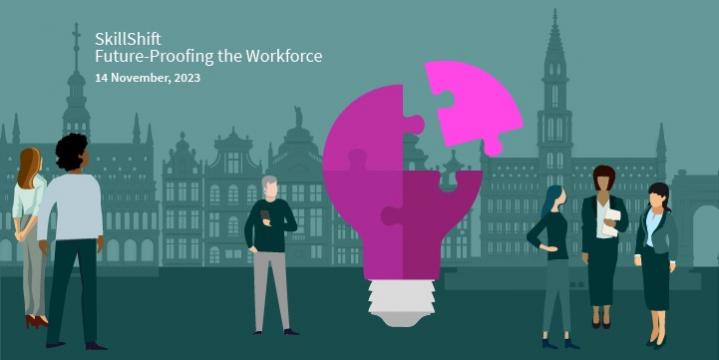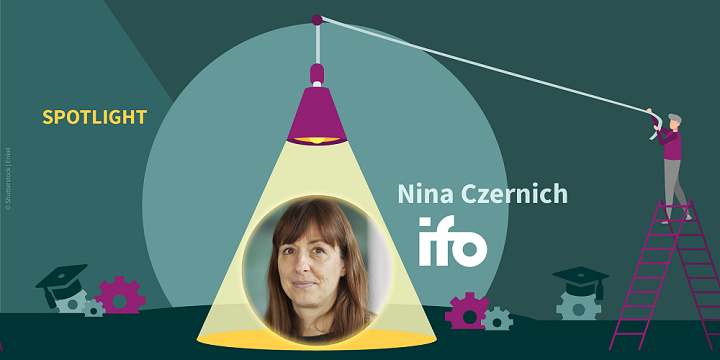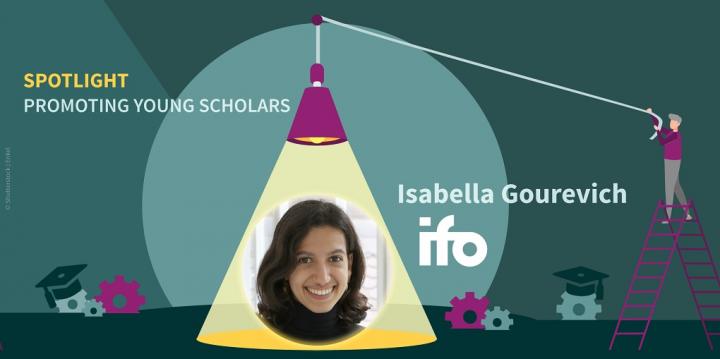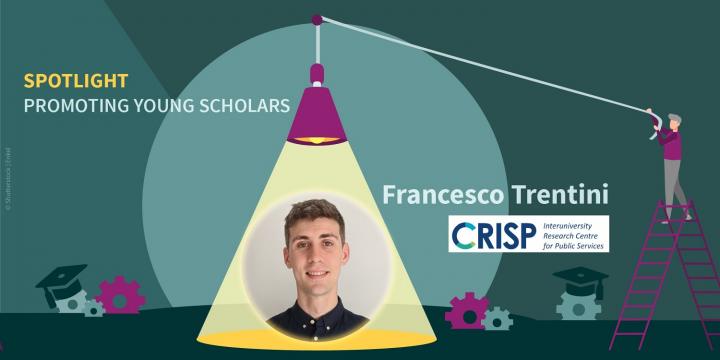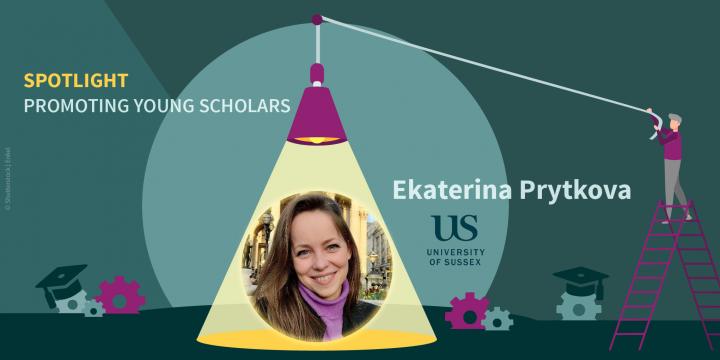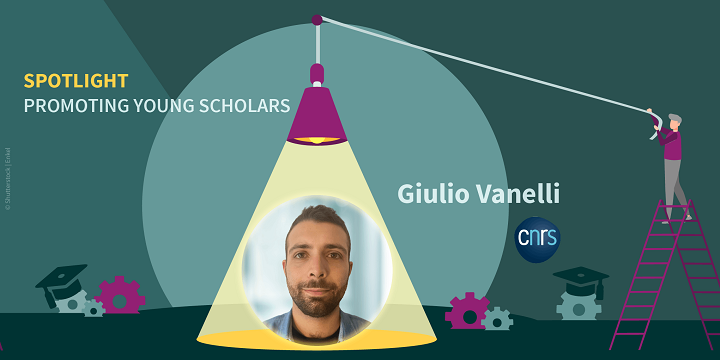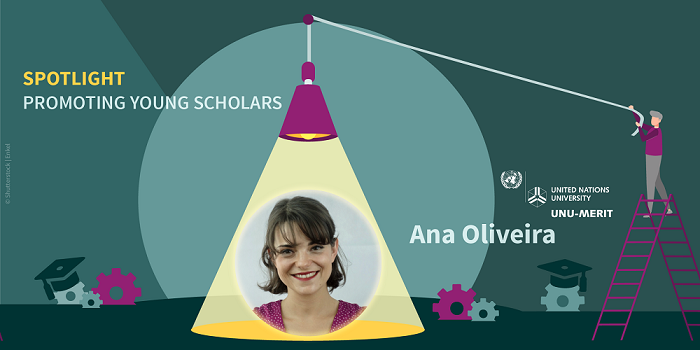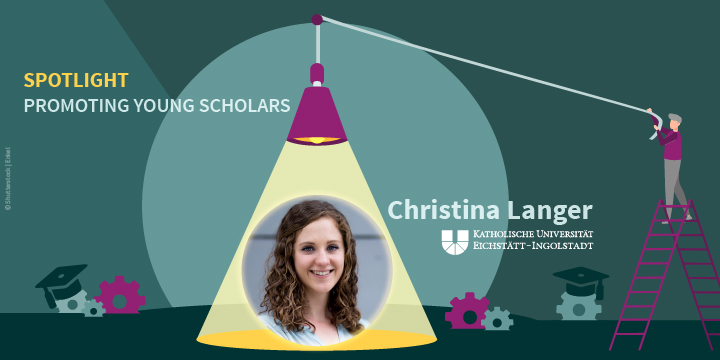Spotlight
What's special about Pillars and what are the key research results?
Our researchers were asked what Pillars means to them:
Their answers
Interview with Tommaso Ciarli (Pillars and UNU-MERIT):
Exposure of Industries and Occupations to Emerging Automation Technologies. Implications for the Future of Work
Interview with Maria Savona (Pillars and University of Sussex):
Emerging Digital Automation Technologies and the Future of Work. A Reappraisal
Spotlight: Nina Czernich - The Pillar of Pillars
Nina recognized early on that broadband access had practically become a human right, one that was shaping nearly all aspects of our lives. So, when she went for a career in economics, she quickly focused her research in that direction. Fittingly, she got a grant from the Deutsche Telekom and her doctoral thesis, which she worked on as a doctoral student and junior researcher at the ifo Institute, dealt with the economics of digitalisation.
Spotlight: Promoting Young Scholars - Isabella Gourevich
She almost went over to the Dark Side. For years, she was sure that she wanted to study Business Administration. But luckily, before taking that fateful step, she attended a lecture to introduce Economics to prospective students. The discussion about monetary systems and global value chains mesmerized her. Three days before the deadline to commit to a career, she changed her mind. Now she is one of us.
Spotlight: Francesco Trentini - A Pillar of Society
Francesco Trentini didn’t home in onto economics right away. His interest in the study of society led him to enroll in 2008 for a bachelor in Economics and Social Sciences at Milan’s Bocconi University, where he initially went for sociology and demography. His first thesis was on norms in cohabitation patterns in Europe.
Spotlight: Promoting Young Scholars - Ekaterina Prytkova
When economists don’t talk to technology specialists, or vice-versa, the results can range from commercially disappointing to downright disastrous. Think of overengineered cars or planes that flopped in the marketplace, or of recent tragic failures in aircraft safety when bean counters prevailed over engineers.
Spotlight: Promoting Young Scholars - Giulio Vannelli
Since he decided to go into Economics, Giulio Vannelli always had globalisation in his mind, in particular its core element, global value chains. That’s what he devoted his PhD thesis to, at the University of Trento last year, examining “Economic development in a globalised world: the role of Global Value Chains”. The Italian Ministry of Education, University and Research, honoured him with a PhD scholarship to this end.
Spotlight: Promoting Young Scholars - Ana Oliveira
Ana Oliveira joined the Pillars Team at UNU-MERIT in February 2022. Get to know her.
